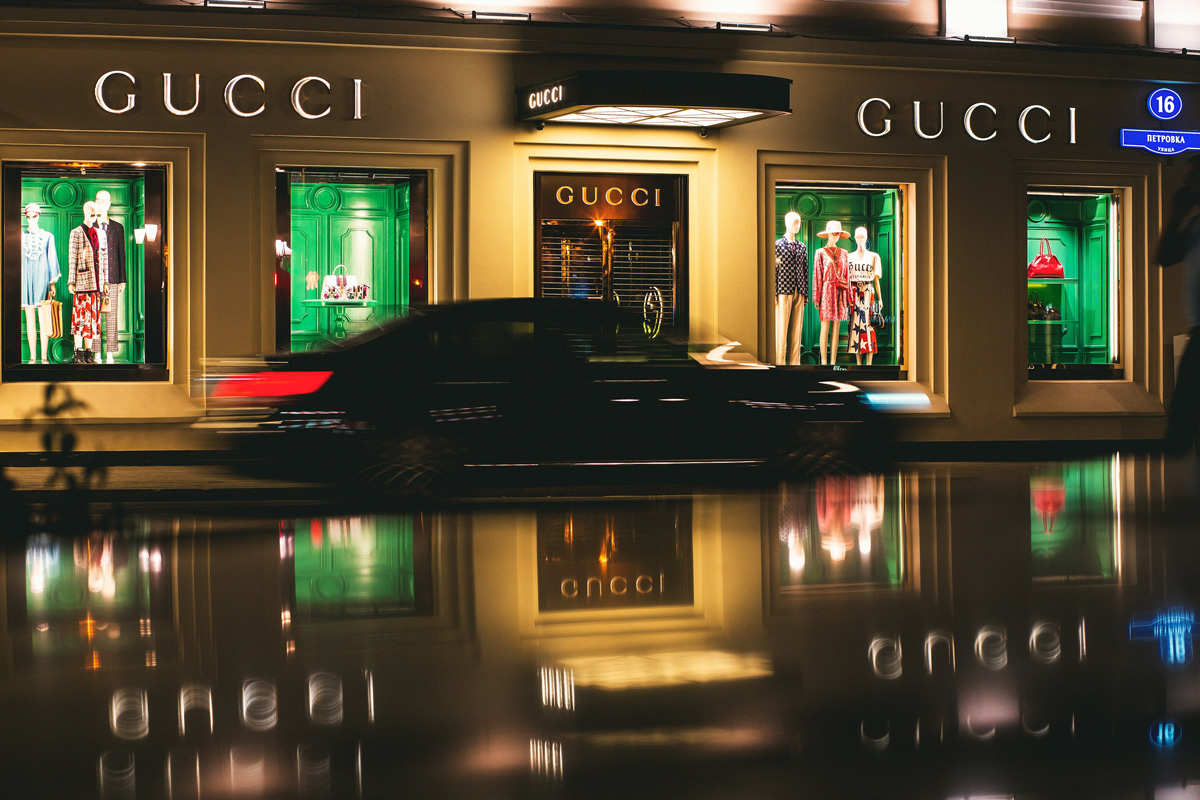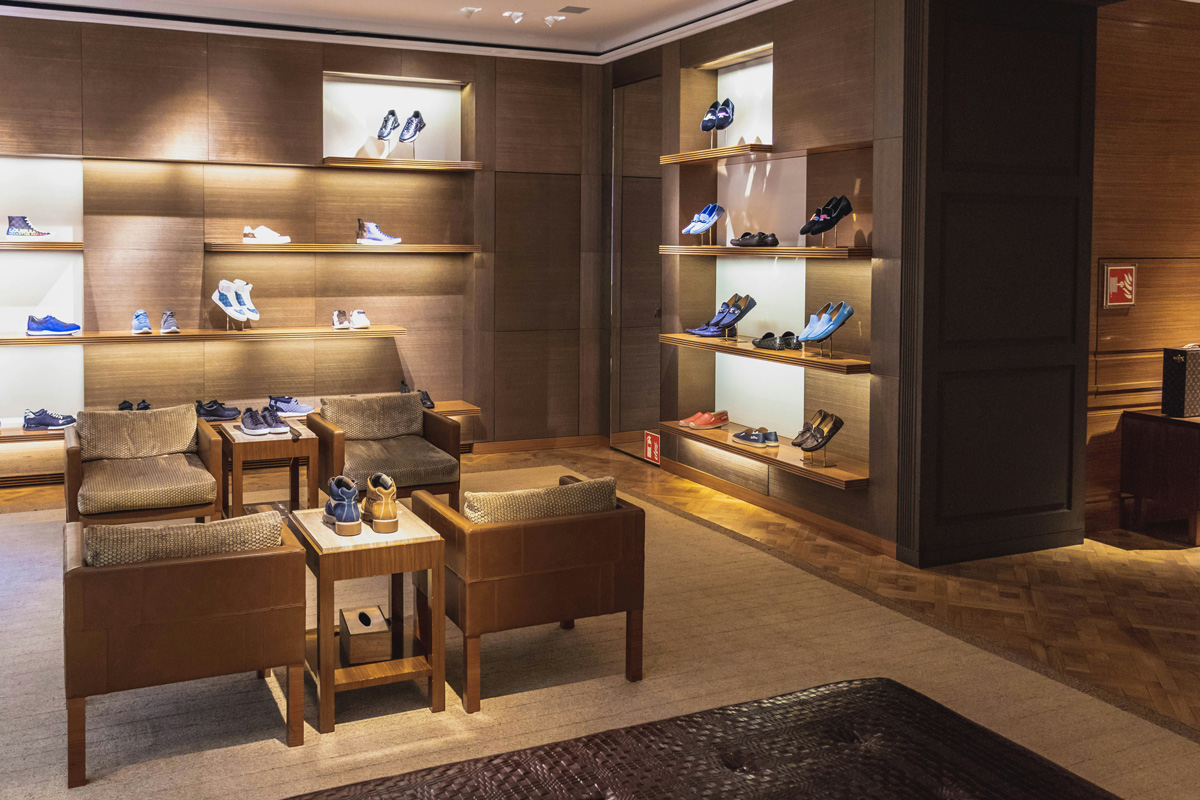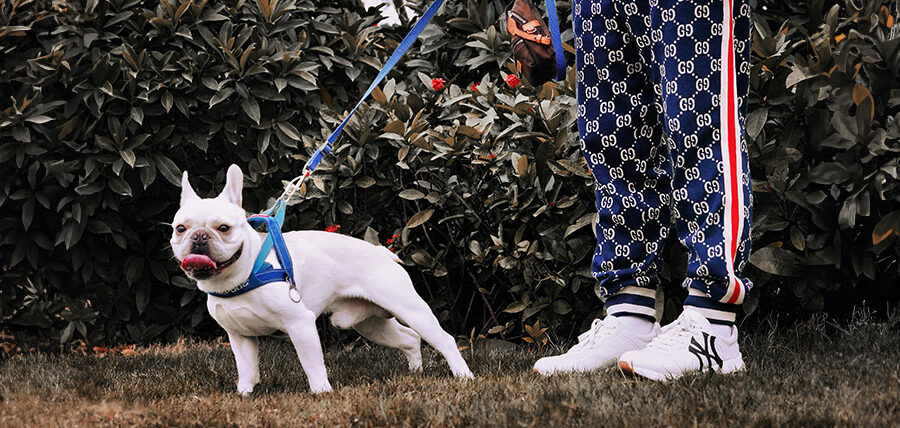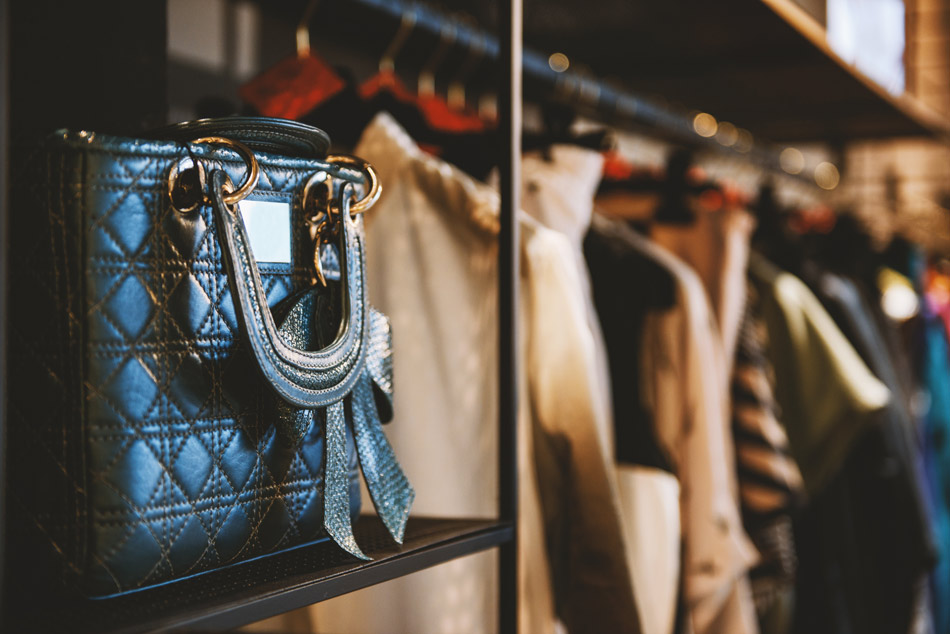share this article
Premium brands used to live in a different world. They spoke to a more discerning customer. They stood for quality, design, and identity. They didn’t chase the lowest price or enter race-to-the-bottom promotions. That insulation is fading—fast.
Today, premium brands are under pressure from both sides. A volatile tariff economy is pushing sourcing costs higher, sometimes by 30 to 45 percent overnight. At the same time, shoppers—especially upper-middle income ones—are becoming more value-conscious. That doesn’t mean they’re hunting for coupons. It means they’re looking harder at what justifies the price. What once felt aspirational now needs to feel earned. This is where value perception in retail becomes essential.
And this is where many premium brands find themselves stuck. Raise prices, and you risk alienating loyal customers. Hold the line, and you absorb costs that erode contribution margin. Promote aggressively, and you weaken the brand you’ve spent years building. None of those are great options. But they’re not the only ones.
The brands navigating this moment successfully are doing it with discipline—not by compromising who they are, but by tightening the link between value and price. They’re asking the right questions: What drives willingness to pay in our category? What can we deliver that lower-cost competitors can’t touch? What’s a true value-add, not just a margin drag?
The answer isn’t always about cost. In fact, it rarely is.
It’s about brand. And brand, at the premium level, is a compound asset. It’s built through consistency, creativity, and credibility—especially during hard times. In a tariff economy, reinforcing that identity becomes more than positioning—it becomes protection.

When Exclusivity Meets Economics
Premium brands have always walked a fine line. They justify their prices through quality, storytelling, aspiration, and design. But in a tariff economy, where duties on core sourcing countries like Vietnam, Bangladesh, and China are hitting 30–45%, many of these same brands are being forced to reconsider their pricing structures—or eat into already narrow margins.
Take RH (Restoration Hardware), for example. Ahead of the most recent tariff rollout, RH made an aggressive move: pre-purchasing large volumes of inventory to lock in costs and avoid tariff exposure. It was a bold—and costly—bet. But for a brand that targets high-net-worth customers and thrives on exclusivity, it was also a way to maintain pricing power without dilution.
Other brands are negotiating hard with suppliers, exploring nearshoring options, or re-engineering products to reduce reliance on tariffed components. These are not just supply chain decisions—they’re brand equity strategies. The goal? Preserve both brand perception and financial health.

Value Isn’t Always About Price
Consumers of premium brands are value-conscious—not in the traditional discount sense, but in terms of perceived worth.
In a down market, these customers don’t necessarily stop spending. But they do demand more for what they pay. Brands that recognize this are responding not with blanket markdowns, but with:
-
Layered loyalty programs
-
Exclusive access and personalization
-
Value-added experiences
Rather than undercutting pricing integrity, they’re enhancing the overall value proposition. Think: premium packaging, limited-edition drops, concierge-level customer service, or unique in-store experiences that reaffirm the brand’s worth.
When consumers feel like they’re getting more, they don’t mind paying more. In this way, value perception in retail becomes a brand’s most powerful pricing lever.
The Dangers of Discount Drift
In times of economic pressure, even premium brands can be tempted by the fast hit of a markdown. And while targeted promotions can be a smart lever, overreliance can be fatal.
Discount fatigue is real. Once a customer sees your product at 40% off, it’s hard to convince them it’s worth full price again.
Brands like Lululemon, Sephora, and even Apple have historically been disciplined with markdowns, choosing to limit promotional exposure even during downturns. The result? Stronger brand equity, more consistent margins, and loyal customers who are conditioned to expect value without a discount.
Premium retailers need to adopt a surgical approach to promotions: limited-time offers, exclusive access events, or channel-specific discounts that don’t devalue the brand across the board. This is how you survive a price war without eroding brand perception.

Build the Moat: Invest in What Others Can’t Replicate
While lower-tier competitors race to the bottom, premium brands have an edge—they can invest in what can’t be commoditized:
-
Brand heritage
-
Design innovation
-
Cultural capital
-
Customer intimacy
These are the elements that justify a premium price, even in a cost-conscious, tariff-heavy environment. And in many ways, now is the perfect time to deepen that differentiation.
Double down on storytelling. Strengthen your digital experience. Tighten your visual identity. Expand owned brand offerings where you control margin. These moves create brand gravity—pulling your customers closer while your competitors scatter to survive.
Premium in a Price War: A CEO’s Opportunity
The current tariff economy is testing every assumption in retail. But for premium brands, it also presents a clear opportunity: to emerge not just intact, but more distinct, more valued, and more protected from future shocks.
Yes, costs are rising. But so is the reward for brands that can deliver consistency, creativity, and conviction in a time of volatility.
Maintaining margin and brand equity isn’t about holding the line—it’s about drawing a sharper one. One that separates your brand from the noise and reaffirms everything your customer already believes about you.
Because in a market that’s shouting about price, premium brands have the luxury of whispering something more powerful:
Worth it.




